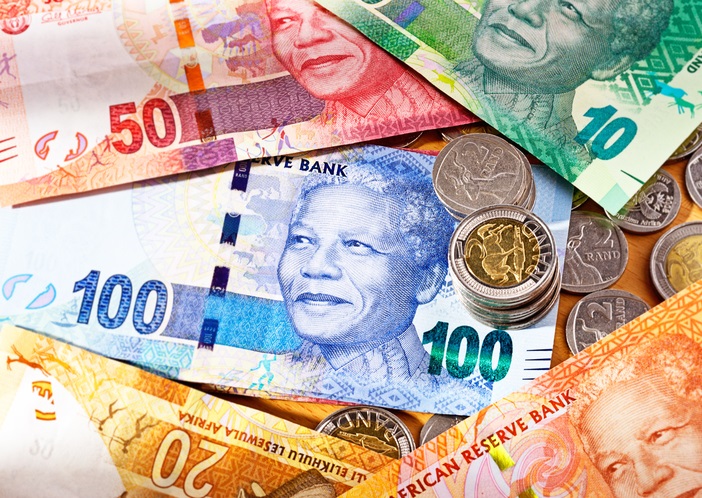Malusi Gigaba, South Africa’s minister of finance, announced one of the country’s most anticipated budgets in recent years on 21 February, as it follows the long-awaited resignation of president Jacob Zuma.
In addition to the increase in the estate tax, Gigaba introduced a further change to stop those looking to circumvent the new legislation.
In order to prevent people from donating assets at a lower rate of 20% to reduce their estate, and thereby avoiding the estate duty, Gigaba also announced that the tax on donations would be increased from 20% to 25% for donations larger than ZAR30m.
Both measures will take effect on 1 March.
Implentation ‘vague’
Anthony Palmer, corporate and client solutions director at advice firm Carrick Wealth, said his initial impression of the budget was that it was “well thought out”.
“With the increase in estate duty from 20% to 25% for estates greater than ZAR30m, I believe that there are definitely [financial] planning opportunities,” Palmer said.
Denver Keswell, senior legal adviser at Nedgroup Investments, said while these tax increases will have a significant effect on wealthy South Africans, the wording around the detail of how these taxes will be implemented remains vague.
“We await clarity from Treasury about the practical roll out of these taxes – including issues such as whether the increased tax rate will apply only to estate amounts over and above the threshold amount of ZA30m, or to the estate as a whole,” Keswell said.
Twin peaks date
The long awaited “twin peaks” legislation, that will establish two financial regulators, will be introduced “on or soon after” 1 April 2018, Gigaba said.
Following the establishment, Gigaba said their powers will be phased in to ensure a “smooth transition to the new and tougher regulatory system”.
Junk status avoided?
In November 2017, global credit rating companies S&P and fitch downgraded the country’s sovereign debt to junk status.
Moody’s delayed its review, however, saying it would wait until after the budget and national election.
With the budget now released, experts are debating whether it has gone far enough to stop Moody’s from downgrading the nation to junk.
Read comment from PwC South Africa and Nedgroup on South Africa’s junk status on page 2.








